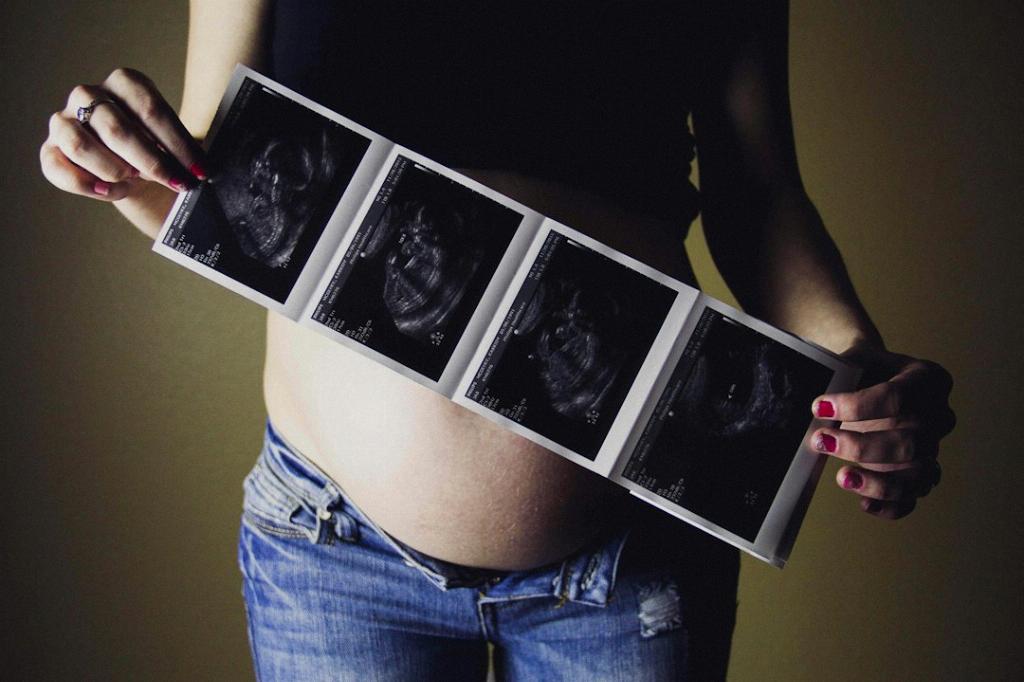During pregnancy, routine tests such as the glucose test are conducted to monitor various aspects of your health and that of your baby. One common question that often arises is, “When should I stop eating before the glucose test during pregnancy?” This question is essential as it can impact the accuracy of the test results and ensure that you are adequately prepared for the procedure.
Preparing for the Glucose Test
Before undergoing the glucose test during pregnancy, it is crucial to follow specific guidelines to ensure accurate results. According to healthcare providers, it is recommended to fast for 8 to 14 hours before the test. During this fasting period, you should refrain from eating any food or drinking anything other than small sips of water. It is essential to adhere strictly to these guidelines to avoid any interference with the test results.
Importance of Fasting
The fasting period before the glucose test is significant as it helps in obtaining reliable results. When you consume food or beverages, especially those containing glucose or sugar, it can impact your blood sugar levels, leading to inaccurate test results. By fasting before the test, healthcare providers can assess your body’s ability to process glucose accurately, which is crucial for diagnosing gestational diabetes.
Understanding the Glucose Drink
During the glucose test, you will be asked to drink a liquid that contains a specific amount of glucose, usually 100 grams. This glucose drink serves as the primary source of sugar for the test and helps healthcare providers evaluate your body’s response to a concentrated glucose solution. It is essential to consume the entire drink within the recommended time frame to ensure the accuracy of the test results.
Blood Draw Schedule
Before drinking the glucose solution, a baseline blood sample will be taken to establish your fasting blood sugar levels. Subsequent blood draws will be scheduled at specific intervals, usually every 60 minutes after consuming the glucose drink. These blood samples will help healthcare providers monitor how your body processes glucose over time and identify any abnormalities or fluctuations in your blood sugar levels.
Following Post-Test Guidelines
After completing the glucose test, it is essential to follow any post-test guidelines provided by your healthcare provider. You may be advised to monitor your blood sugar levels at home or undergo additional tests to confirm the results. In some cases, further follow-up appointments may be scheduled to discuss the test results and determine the next course of action, if necessary.
Impact on Gestational Diabetes Diagnosis
The glucose test during pregnancy plays a crucial role in diagnosing gestational diabetes, a condition that can develop during pregnancy and affect both the mother and the baby. By following the fasting guidelines and accurately completing the test, healthcare providers can assess your risk of gestational diabetes and provide appropriate interventions to manage the condition effectively.
Consulting Your Healthcare Provider
If you have any concerns or questions about the glucose test during pregnancy, it is essential to consult your healthcare provider for guidance. They can provide tailored advice based on your individual health status and ensure that you are adequately prepared for the test. Your healthcare provider can also address any specific dietary restrictions or medical conditions that may impact the test results.
Ensuring Test Accuracy
By following the recommended fasting guidelines and adhering to the instructions provided for the glucose test during pregnancy, you can help ensure the accuracy of the test results. It is essential to communicate any relevant information to your healthcare provider and inform them of any medications or supplements you are taking that may affect the test outcomes.
Monitoring Your Health
Throughout your pregnancy, it is essential to prioritize your health and well-being by attending regular prenatal appointments and following recommended screening tests such as the glucose test. These tests play a crucial role in monitoring your health and that of your baby, allowing healthcare providers to detect any potential issues early and provide appropriate interventions to ensure a healthy pregnancy.
Conclusion
In conclusion, the timing of when to stop eating before the glucose test during pregnancy is essential for ensuring the accuracy of the test results. By following the fasting guidelines provided by your healthcare provider, consuming the glucose drink as instructed, and adhering to post-test guidelines, you can help healthcare providers assess your risk of gestational diabetes accurately. Prioritizing your health during pregnancy by attending regular prenatal care appointments and following recommended tests is vital for ensuring a healthy pregnancy for both you and your baby.

